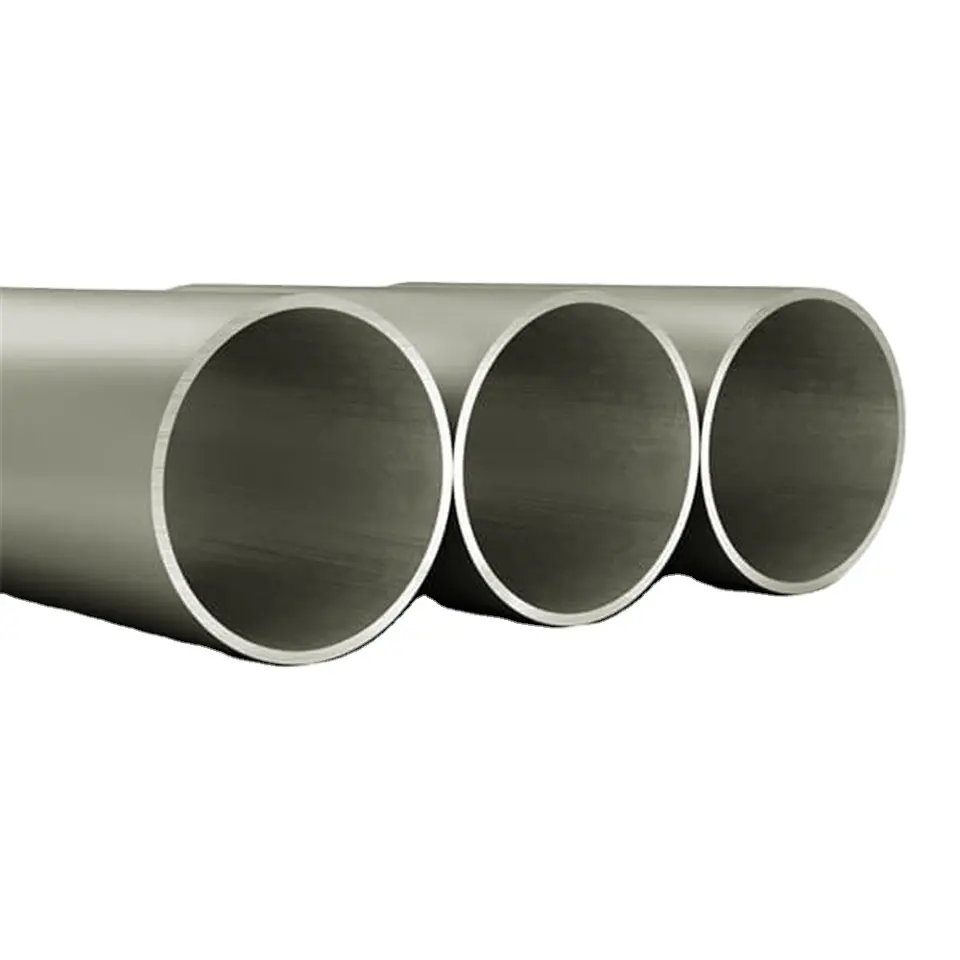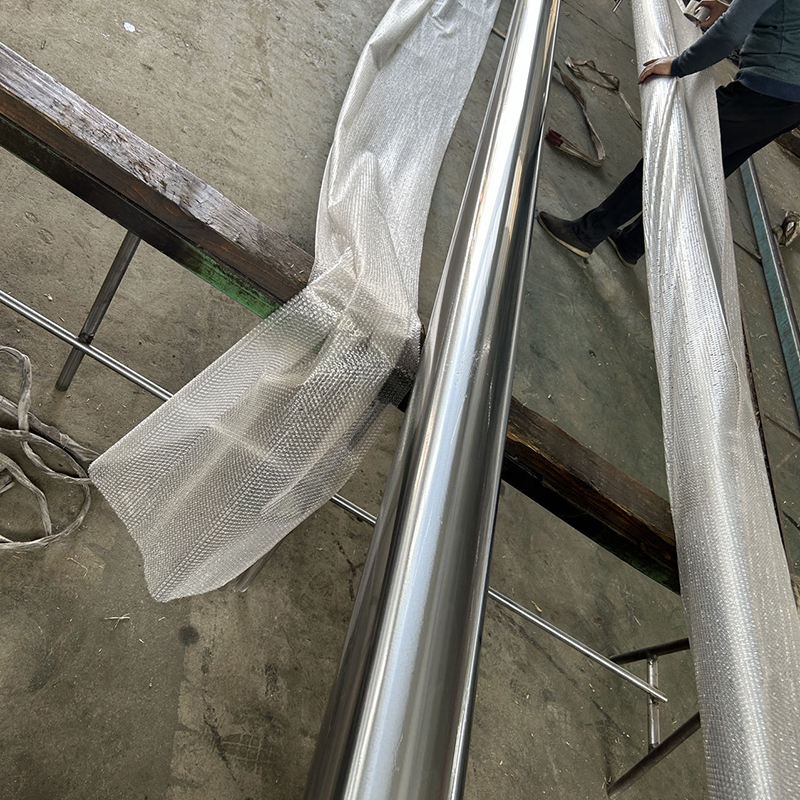In this week's Market Movers Europe with Roudy Dirani: Prices rise on Red Sea escalation Delays in...
More commercial shipping avoided transiting the Red Sea Jan. 15 as a Houthi missile hit a US-owned... Wear Resistant Steel Plate

Copper production in Chile, the world's largest producer of the metal, is set to recover rapidly to...
European steelmakers restart blast furnaces after shutdowns as coil prices rise
Market Movers Asia Jan 15-19: Markets navigate troubled waters amid Red Sea tensions; China key data release in focus
More ships avoid Red Sea as Houthis hit ship carrying steel in Gulf of Aden
What COP28 means for China's future climate policies and strategies
Production restarting in Europe after suspensions in 2023
Many mills restarting blast furnaces in Q1 but some still on hold
The first quarter of 2024 is kicking off with European steelmakers slowly resuming production, suspended since mid-2023 to maintain subdued steel prices.
Receive daily email alerts, subscriber notes & personalize your experience.
In their attempt to end the downtrend in the European coil market, caused by low demand, competitive imports and sufficient stocks among distributors, steelmakers reduced production and some temporarily closed blast furnaces.This helped to achieve the price rise. A lack of competitive imports in January due to filled safeguard quotas and rising freight costs and lead times due to logistical issues in the Suez Canal has also contributed to the positive sentiment.
Among the main mills that temporary took offline their blast furnaces were ArcelorMittal in Belgium, France and Germany, Salzgitter's in Germany, Liberty in some of its sites in Central Europe and Tata Steel in the Netherlands.
Salzgitter in early January restarted its Blast Furnace A in Germany after a 100-day reline. The blast furnace has an annual production capacity of 2 million mt of pig iron and Salzgitter said part of the reline was to secure pig iron supply within the transformation towards lower carbon emission steelmaking by 2033. ArcelorMittal restarted mills in Ghent, Belgium, and Bremen, Germany, in November and December, respectively. It is not clear when the company's blast furnace in Fos-sur Mer, France, will restart.
Many mills that had idled blast and basic oxygen furnaces either for maintenance or due to unprofitability have either restarted them or are planning restarts in the first quarter.
ArcelorMittal Zenica in Bosnia and Herzegovina is reported to be preparing for the restart of production, a company spokesperson told S&P Global Commodity Insights on Jan. 10.
"If everything goes according to plan in the field, in the coming days we expect the start-up of the blast furnace, followed by the successive start-up of other production facilities," the spokesperson said.
Liberty Dunaujvaros, Hungary, restarted its rolling mills and hot-dipped galvanized line in January, but blast furnaces remained idled with no clear schedule for restart, a company spokesperson told S&P Global on Jan. 10. Liberty's Galati steelworks in Romania is expected to restart soon andLiberty Ostrava in the Czech Republic is still temporary idled and market sources said it is unlikely to resume operation in the near-term.
Liberty'sGalati steelworks in Romania is expected to restart soon, as well as its operations in Dunaujvaros, Hungary, after that the company restarted its production at its rolling mills and hot-dipped galvanized line in January, a company spokesperson told S&P Global on Jan. 10. Liberty Ostrava in the Czech Republic is still temporary idled and market sources said it is unlikely the restart of that blast furnace will happen any time soon.
At Tata Steel IJmuiden, Netherlands, one of the two blast furnaces remains in operation while another has not yet been restarted against the original plans to resume production in December. The furnace is now expected to be back in operation in February. Tata Steel Port Talbot, in the UK, reported that its both furnaces were working.
In the Netherlands, one of Tata Steel's two blast furnaces is working and the other is expected to restart production by February, while its two UK blast furnaces are both working.
In the UK, British Steel is running its Queen Anne blast furnace and the Queen Bess blast furnace is being brought online and will restart production at full capacity in February, according to a spokesperson. The Queen Victoria blast furnace has been retired.
According to a World Steel Association report issued Dec. 21, Europe produced 22.2 million mt of crude steel January-November 2023, down 6.3% from the year-ago period, as demand for steel products was down.
Platts assessed domestic hot-rolled coil prices in Northwest Europe at Eur730/mt ex-works Ruhr on Jan. 9, up from the 2023 minimum of Eur600/mt ex-works Ruhr on Oct. 25. Platts is part of S&P Global.
Northwest European mills increased their target prices on Jan. 9 to Eur800/mt either ex-works or delivered, depending on a mill and buyers' location, citing full order books and lack of competitive import. Majority of the region's mills have been offering April-May delivery coil.
The decision by European steelmakers to resume blast furnace operations left some market sources concerned the price rise might be short-lived.
"There are no signs of demand recovery and mills are bringing furnaces back in operation," a German service center source said. "We are running into the risk that the prices would drop as soon as more furnaces return and the lead times would end up being shorter than they are now."
Others, however, believe that the sustainable uptrend is possible.
"Not all furnaces are back, mills try to keep production rates under control and we generally would not see sharp rise in production as some mills were using their slabs from stocks so output would not jump that much," a mill source said. "And it takes time for furnaces to reach normal production rates."
To continue reading you must login or register with us.

Aluminum Round Bar It’s free and easy to do. Please use the button below and we will bring you back here when complete.